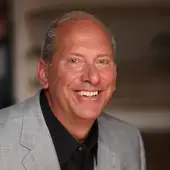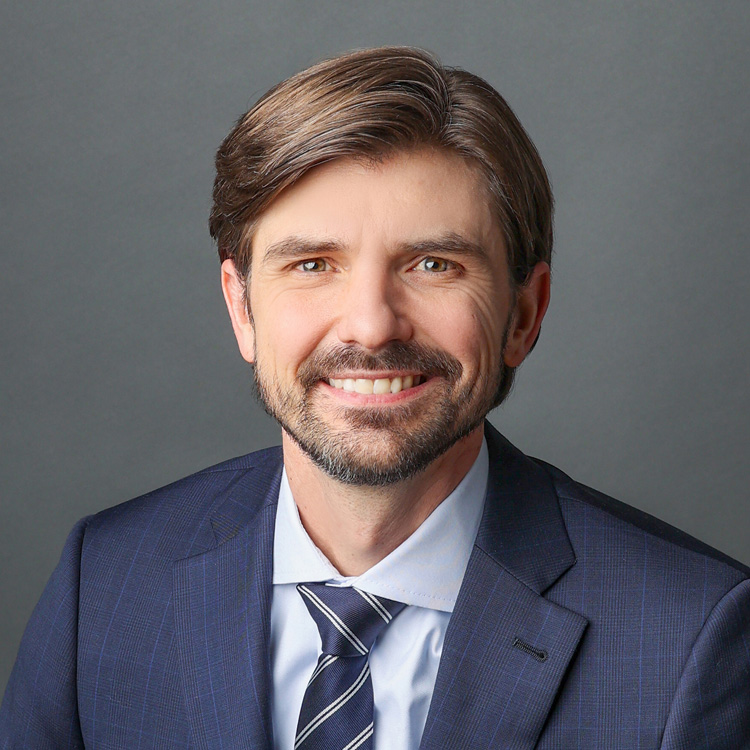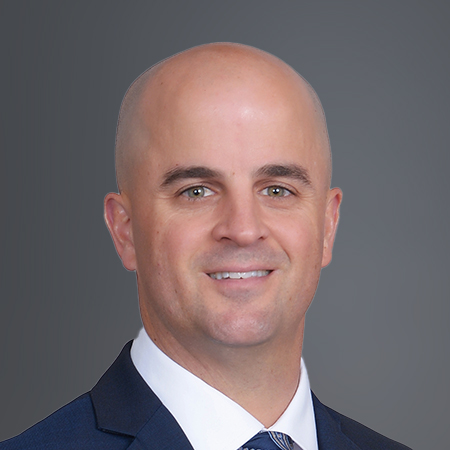One of the perplexing things in our business is that only about four in 10 Americans choose to work with a financial advisor, even when doing so has been shown by multiple academic and industry studies to produce better outcomes for investors. Why don’t more people use an advisor?
Many think they can manage their own investments and financial plans themselves. Others don’t want to pay for advice. And the financial services industry itself has a trust deficit, with only 54% of respondents to the 2022 Edelman Trust Barometer survey saying they trust their financial institutions (only social media had a weaker showing)! Perhaps the most telling reason is that many people are embarrassed by their financial situation or by the poor choices they’ve made.
The Value Of Independent Advice
On the other side of this coin, there is at least a decade of research that validates that financial advisors are worth their cost if they add demonstrable value to investors. Here’s a small sample of that research:
- In 2013, the Consumer Federation of America reported that “… the more extensively households plan, the better prepared they are financially in terms of their likelihood of saving, investing and managing credit card debt; the higher the effectiveness of this savings, investing and debt management; and the higher their confidence in managing their finances.” The same study noted that those who engage planners are “better prepared to meet goals ranging from dealing with financial emergencies to living well in retirement.”
- Notably, some of the research on the question of trust draws a distinction between the advice that consumers get is from a registered representative or someone who works with a registered investment advisor (RIA) firm. RIAs legally and ethically must act in their clients’ best interests when making recommendations or decisions that affect their clients’ financial plans. Princeton Survey Research Associates reported in 2014 that financial professionals who switched to a fiduciary (i.e., RIA) standard of care reported stronger client benefits, with 71% reporting an increase in client trust and 72% reporting an increase in client satisfaction.
- In 2015, Dalbar, an independent market research firm that rates financial advisors and customer performance, reported that half of investors rated their financial professional’s advice as “Excellent” and an additional 48% rated it as “Good.” Similarly, 96% of investors either “Strongly Agreed” or “Agreed” that services provided by their financial professional have helped them achieve their investment goals and objectives, and nine in ten would recommend their advisor to close friends, relatives or co-workers.
- In 2019, Vanguard, one of the world’s largest financial services companies, found that an investment of $500,000 would grow, on average, to $3.4 million under the care of an advisor over 25 years, whereas the expected value from self-management would be $1.69 million. Importantly, advisors were able to add an average of 3% per year in additional growth by providing “cogent wealth management through financial planning, discipline and guidance, rather than by trying to time the market,” according to the study.
Choosing An Advisor
Often when people say they don’t work with an advisor, it’s because they simply don’t know how to find one. There are a few simple steps you can take to determine whether an advisor is a good fit.
Referrals: Your friends, family members, co-workers or neighbors may have very similar financial situations to your own, and if they currently work with an advisor, may be willing to refer you. All advisors should be willing to schedule an introductory meeting, at no cost or obligation, to see if there is a good fit between what they offer and what you are looking for. Interview two or three candidates before narrowing your choices.
Interviews: In your initial and possibly follow up meetings, who are you most comfortable with? Did they seem to care about you? Are they committed to meeting with you regularly, in the way that you prefer (virtually, by phone or in-person, once or twice a year or once a quarter)?
Independent fiduciaries: If your advisor works with a firm in which they have a strong ownership interest, you can be more confident that their advice is independent, unlike representatives at other firms who have financial incentives to sell you their proprietary products. You can quickly discover where an advisor falls in the “standard of care” spectrum by asking them a simple question:
Are you allowed to consider any other factors besides my best interest when making investment recommendations? If they answer “yes,” you may want to keep searching.
How Does The Advisor Get Paid?
There are many ways that advisors are compensated, and it’s important that you work with someone whose business model is fully disclosed, transparent, and aligns with your personal preferences and objectives. For example, some financial planners offer planning services for a flat fee, which may be scaled according to the complexity of your finances. Others are paid a commission for selling you investment or insurance products. RIAs tend to charge an asset-based fee tied to their assets under management. Other hybrid arrangements combine elements of commissions and asset-based fees depending on the type of services and products they sell.
Conclusion
It could well be that you enjoy managing your own money and are good at it. But we find for many investors, the time and effort it takes to stay on top of their finances takes them away from things they’d rather be doing. Peg and I are old enough to remember the ’70s, when most people fixed their own cars — they were simpler then. Cars today are more complex and need specialists to stay up-to-date with evolving technologies needed to fix and maintain them. Just as you wouldn’t take care of your health by not going to a doctor, or not keeping your car in tune by avoiding the mechanic, you should think of your financial wellness in the same way and consider working with a qualified investment professional.
This article was originally published in the Pioneer Press.



